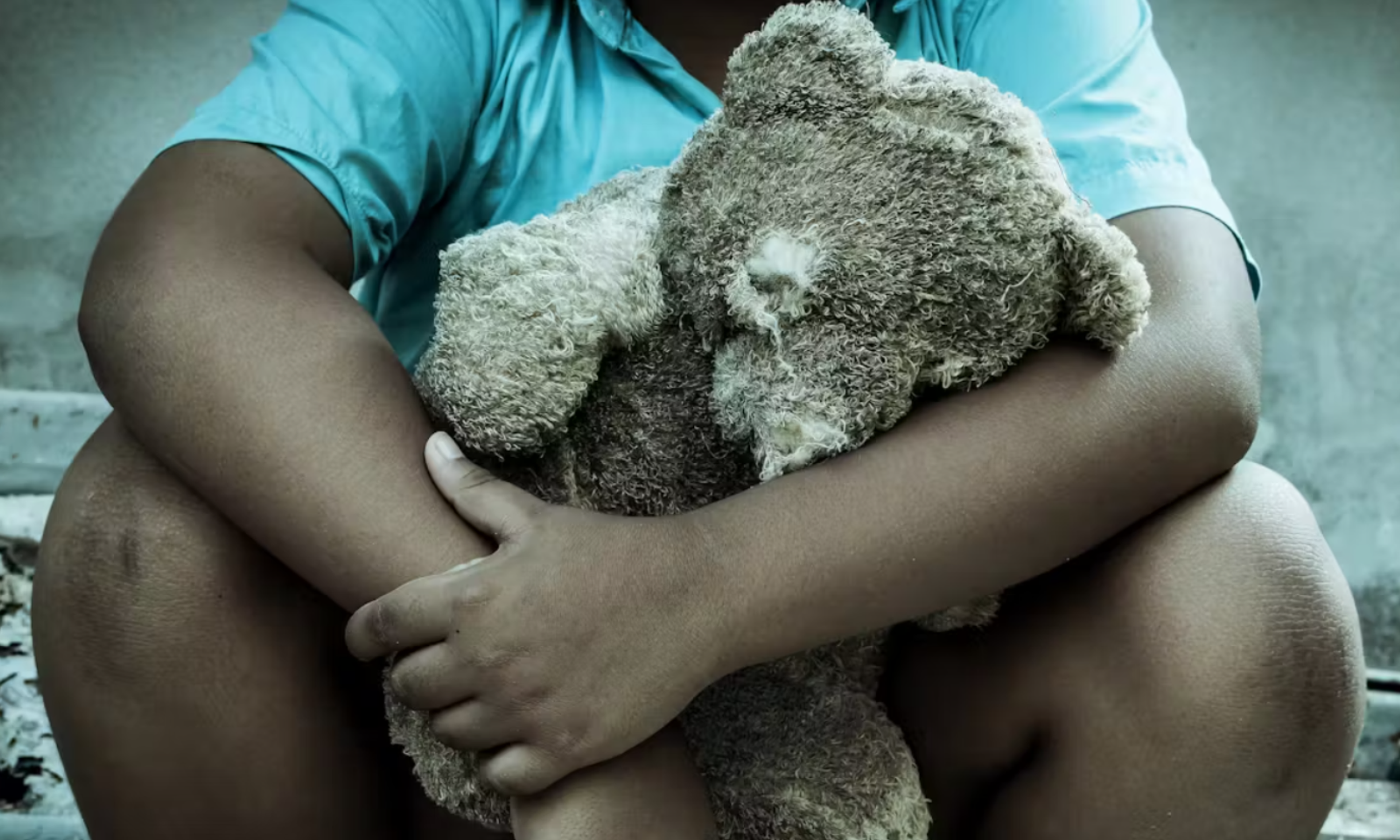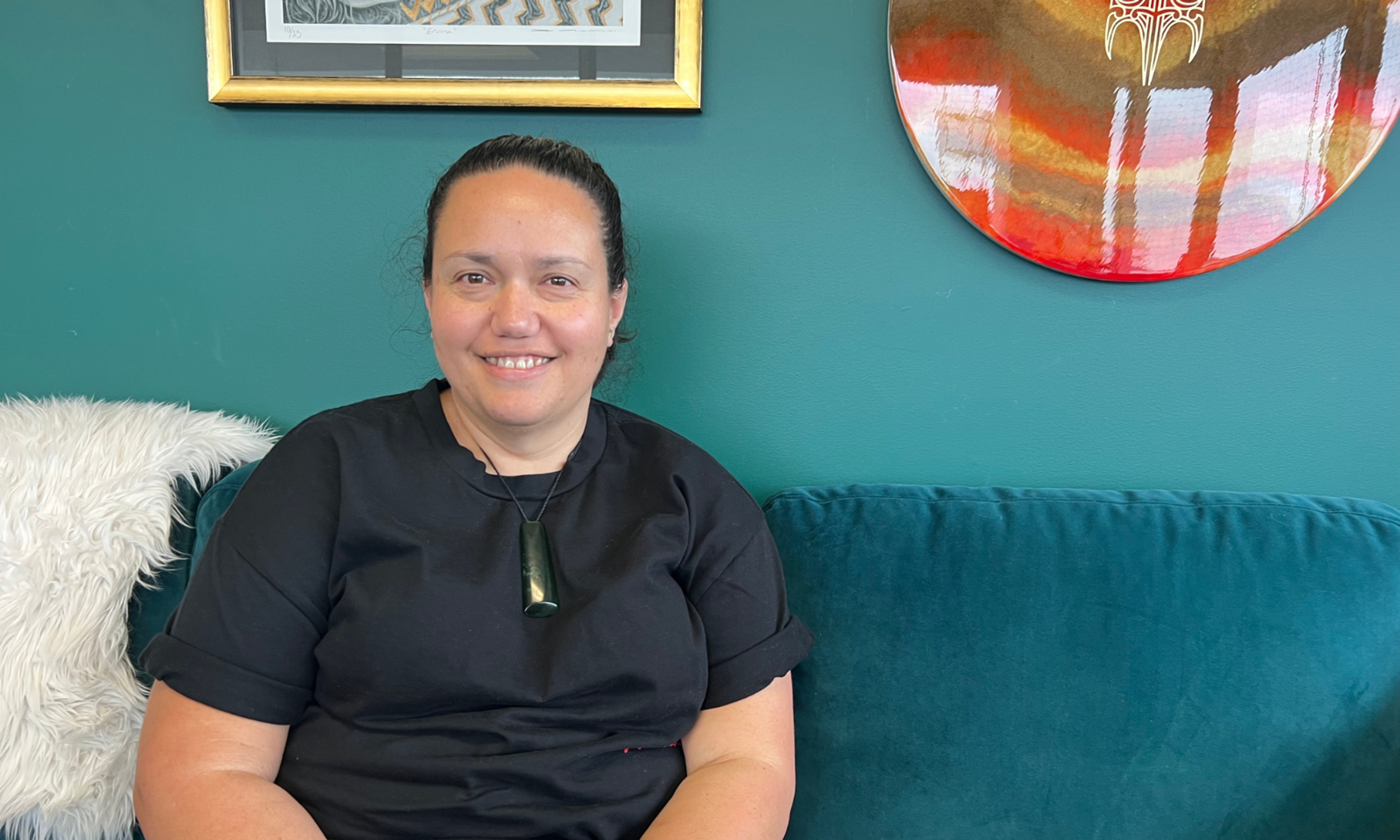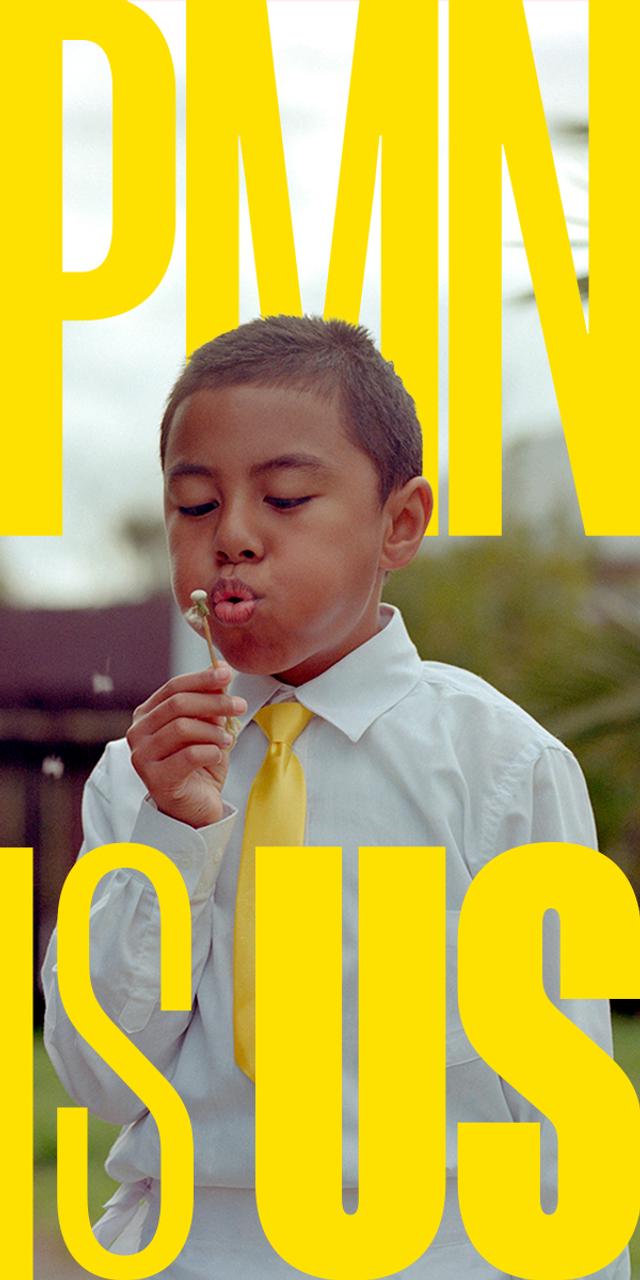

The final Royal Commission report into Abuse in Care will be released next month.
Photo/supplied
Abuse in Care: Pacific people urged to come forward amid extension to report’s release
The final Royal Commission report into Abuse in Care has been delayed a second time, due to legal action, among other things. However, a survivor advocate says the delay may work for Pasifika, Māori, and disabled communities.


Pacific workers encouraged to consider digital careers, as NZ unemployment rises

Call for govt to prioritise Pacific people struggling with language and culture

Report finds youth employment and gender gaps in Pacific remains high


Pacific workers encouraged to consider digital careers, as NZ unemployment rises

Call for govt to prioritise Pacific people struggling with language and culture

Report finds youth employment and gender gaps in Pacific remains high
Pacific, Māori, and disabled people abused in state care and faith institutions are being urged to seek help, support, and compensation amid an extension to the release of the Government’s final Royal Commission report into Abuse in Care.
The report has been delayed a second time due to legal action and to allow more time for public responses.
The report was scheduled to be released on 28 March, but the legal action by the Jehovah’s Witness Church and the requirement to allow organisations and individuals to respond to criticism ahead of its release has caused the delay.
Watch the full interview with Thomas Tarurongo-Wynne below:
Pacific Engagement Lead for the Survivor Experiences Service, Thomas Tarurongo-Wynne, said they are working and engaging with the Pacific, Māori, and disabled communities.
“They know that there's an opportunity for them to get help and support and compensation for those that were abused in state care,” he told 531pi’s Pacific Mornings show.
“Following the Royal Commission into Abuse and State Care including faith institutions, one of the recommendations was in between the end of the commission and the government's response, which is a redress or an apology, the survivors asked for a listing service - that's an opportunity for them to continue to have someone to talk to about their experiences in state care or a faith institution.
“But of course, not many turned up and we do know that Pacific, Māori, and disability communities are the most affected.
“For us as a Pacific community, the shame around that is something that is an inhibitor to coming forward. There are some of the cultural views that we have about those who were in state care, the way we thought about them, and the reasons as to why they were there.
“How we have dealt with things inside our community that we believe bring shame on our families or our family names or the communities or islands that we're from. There's a reluctance there to come forward.”
The Listing Service for Survivors is an extension of the Royal Commission, Wynne said.
He said the role of his team and the Survivor Experience Service is to reach out to the communities and understand that there is a reluctance there to come forward.
The Jehovah’s Witness sought a judicial review of the commission’s scope including trust-based relationships between the church authority figures and children. When the church’s bid failed, it took its case to the Court of Appeal which is yet to make a decision.
Internal Affairs Minister Brooke Van Velden said the delay could upset and frustrate some survivors.
She said delivering the final report and recommendations were important so that the “healing process can truly begin”.
She said once the commission delivers its recommendations, the Crown can begin work on its response and a public apology.
“The extension will not delay work on the Survivor Experiences Service, including the delivery of rapid payments to survivors, and improving access to care records.”
On 4 March, the Department of Internal Affairs sought a third extension with secretary Paul James urging Parliament’s approval. The request has been denied.
James said the DIA had been responsible for providing administrative support for five Royal Commissions and "never managed to deliver one on time and budget".
He cited the Abuse in Care inquiry and “there has been a live legal challenge, a judicial review, running in respect of that Royal Commission of Inquiry into Abuse.
"Some of those things make it hard to hit the reporting deadlines or stated budget."
Inquiry chairperson Coral Shaw said the scale of abuse is beyond what anyone had ever imagined at the start of the inquiry.
Wynne said this was “upsetting and frustrating to some survivors”.
While the extension does not impact their work, he said the Survivor Experiences Service would continue to speak with those abused in state and faith care and encourage survivors to help family and friends in similar situations to come forward.
“Once the report is released, we will have a thorough read through it and ensure we implement any of its recommendations or suggestions to make the service as survivor-focused and accessible as possible.
“We'll need to understand that there's a context of a change of government, a new minister and they need to get their head around this piece of work that's been going on for quite some time.
“I'm really glad that there's a date given and there won't be an extension after that because that report is critical in how governments, any government, deal with people caught in state care that have been treated terribly.
“The fact remains that this is not just something that has happened or did happen. This is something that is happening, and we need it to end.”
The final Royal Commission report into Abuse in Care will now be sent to the Governor-General on 28 June.

